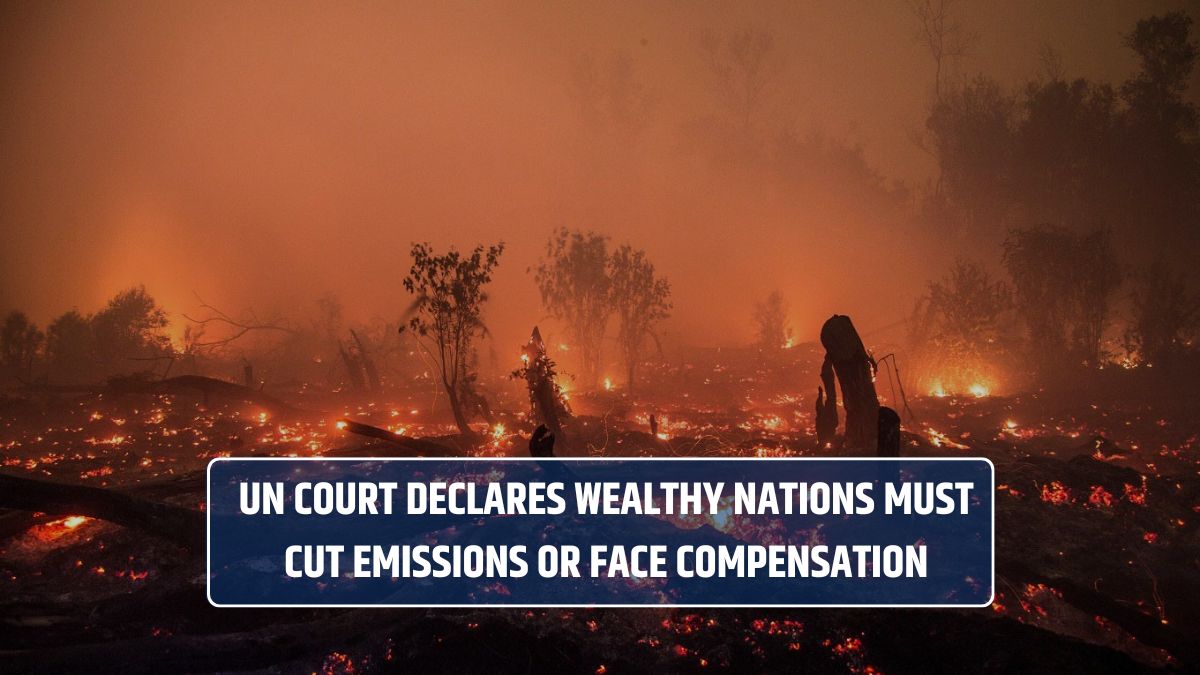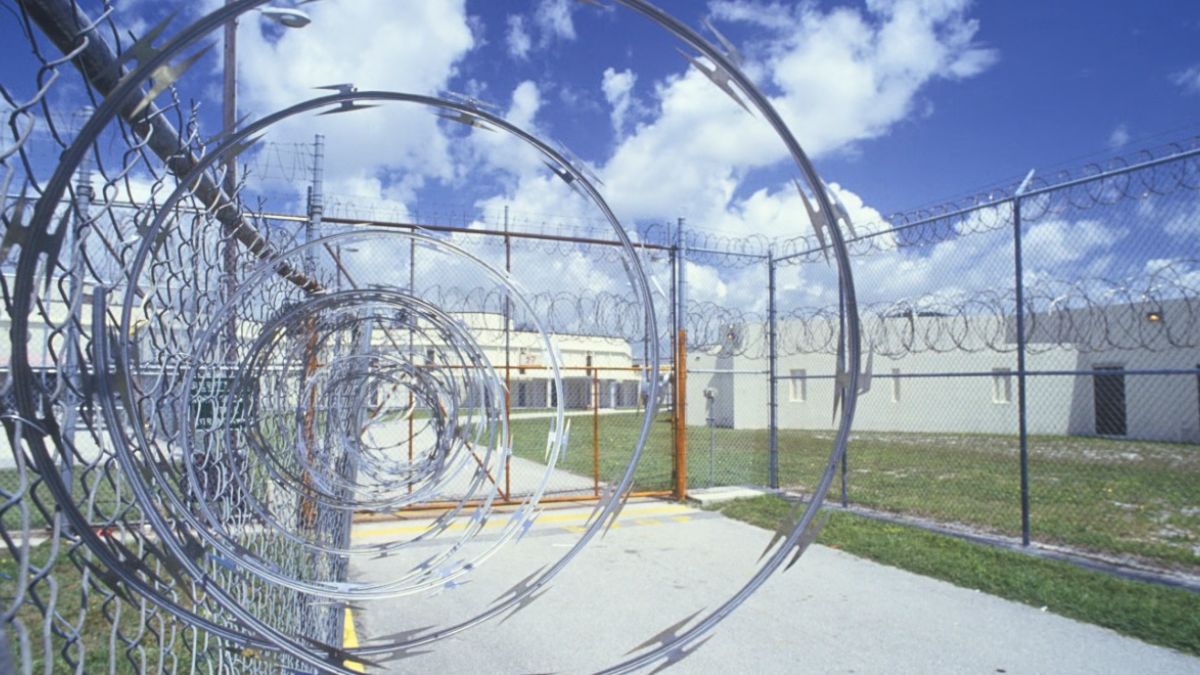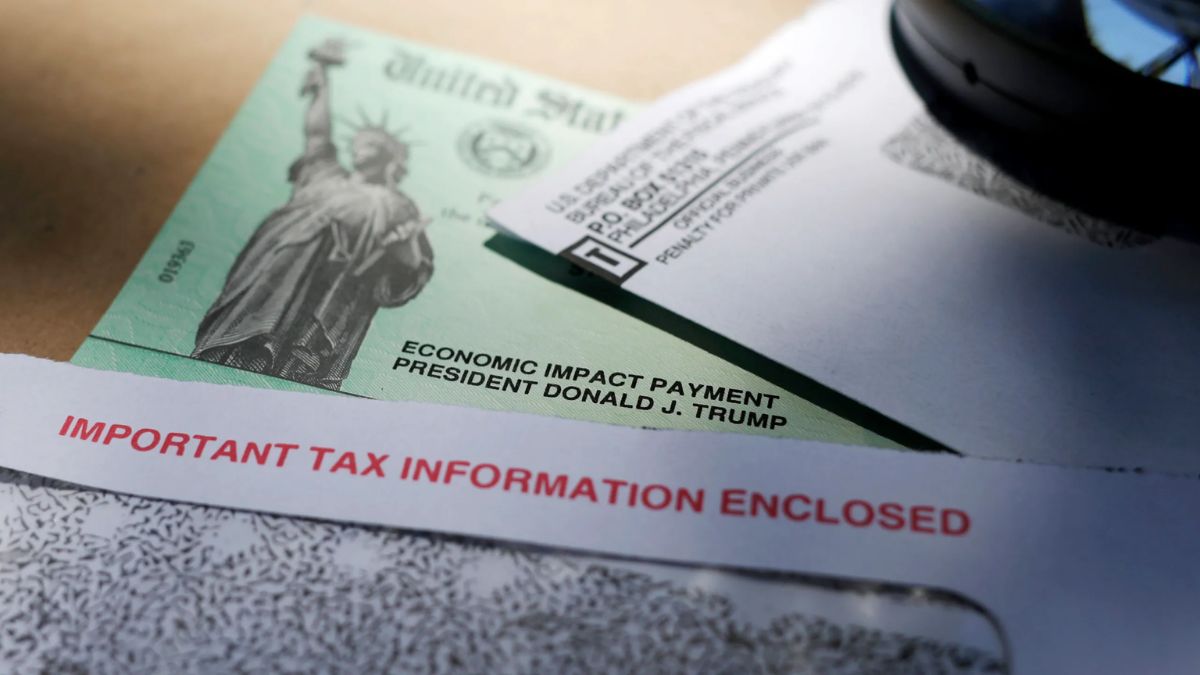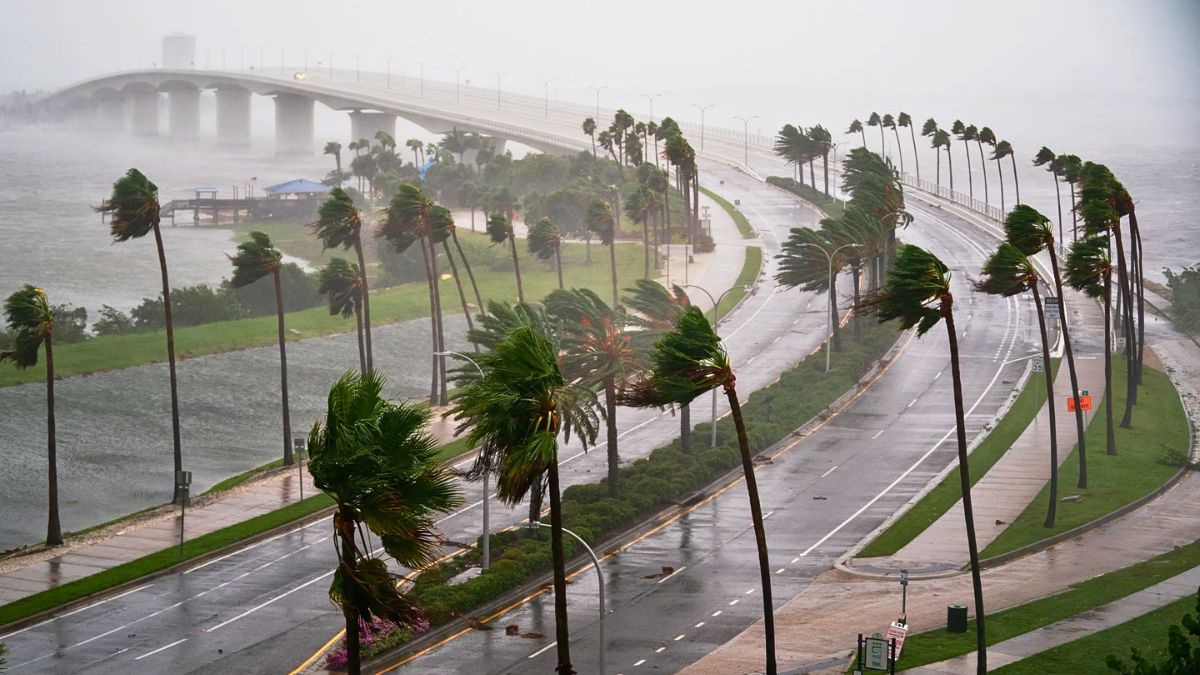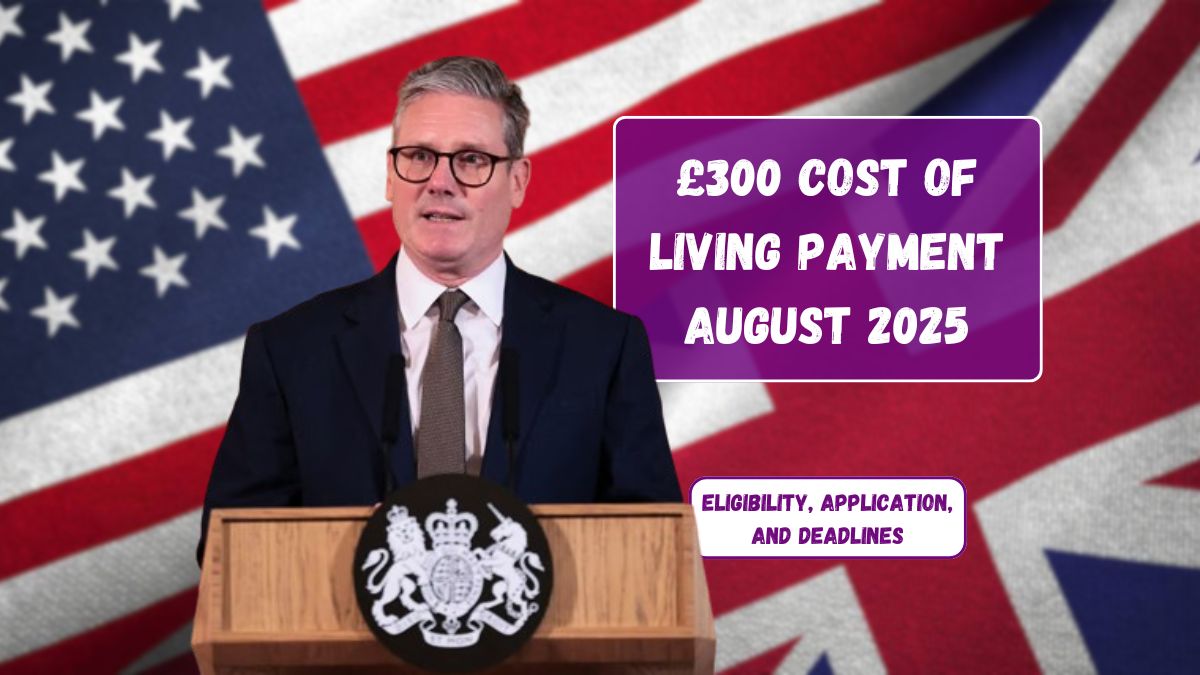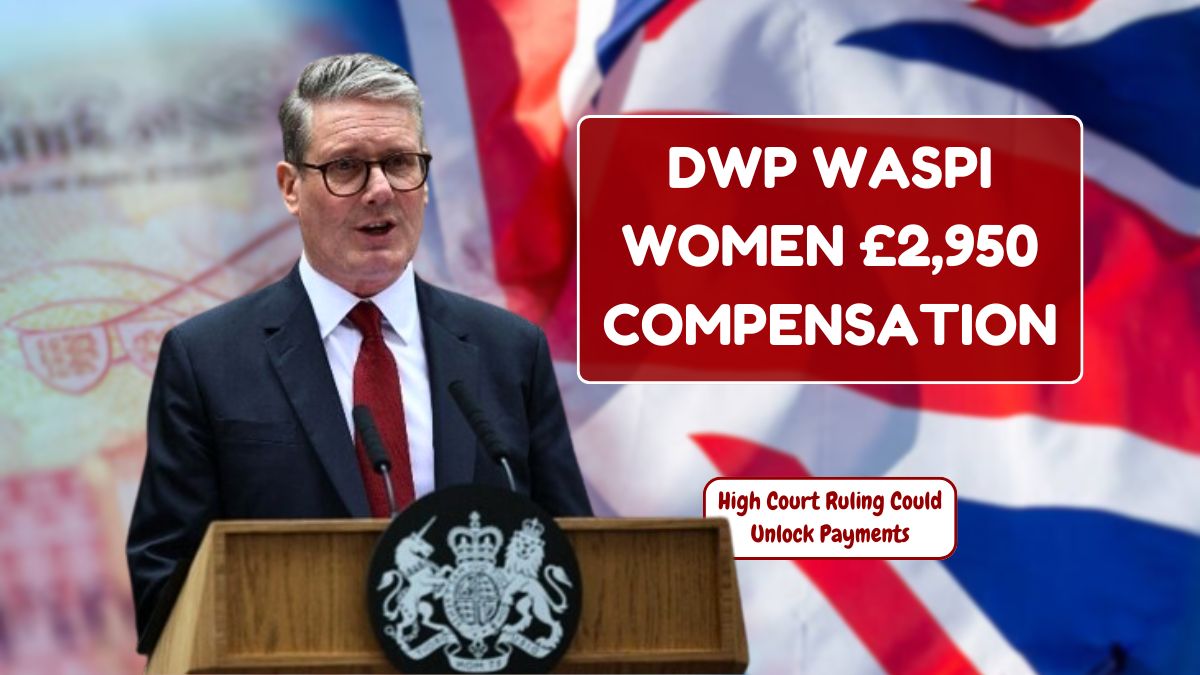In a historic opinion that could reshape international climate policy, the International Court of Justice (ICJ) ruled this week that wealthy nations have a legal duty to curb greenhouse gas emissions and may be held financially accountable for harm caused to vulnerable countries. The ruling, which is not legally binding, carries significant political and legal weight as a guiding framework for future global climate litigation.
The ICJ, also known as the World Court, made clear that countries failing to meet their climate obligations under international treaties may be committing breaches of international law. More notably, it stated that states could be held liable for failing to rein in fossil fuel production, for offering subsidies that encourage pollution, and for not controlling the climate-related activities of companies under their jurisdiction.
Stronger Than Expected
Judge Yuji Iwasawa, who led the panel of 15 judges, emphasized that nations must work together to achieve specific emission reduction goals. He called climate change an “urgent and existential threat” and linked climate action directly to human rights, saying that the right to a clean, healthy, and sustainable environment is fundamental to the enjoyment of all other rights.
Countries that ignore these obligations, the court said, may be required to offer full reparations, including restitution and financial compensation. This could include rebuilding destroyed infrastructure or restoring ecosystems harmed by climate-induced disasters.
The reaction from small island nations and environmental groups was immediate and enthusiastic. Ralph Regenvanu, Vanuatu’s climate minister, said he was surprised by how strong the court’s message was. Youth activists who helped drive the case, like Vishal Prasad, called the opinion a powerful legal tool for holding polluters accountable.
Building on Paris
The ICJ’s advisory opinion is rooted in the principles of the 2015 Paris Agreement, which calls for limiting global warming to below 1.5 degrees Celsius above pre-industrial levels. However, with many nations falling short of their pledges and emissions still rising, the court’s opinion elevates the Paris goals to a matter of legal duty under international law.
United Nations Secretary-General António Guterres welcomed the opinion and said it affirms the importance of the Paris Agreement as the foundation for all climate policy. He also praised the involvement of young activists and emphasized the urgent need for action.
Pressure on Major Emitters
While the court’s opinion does not compel enforcement, it increases pressure on countries with high emissions—especially industrialized nations with long histories of fossil fuel use. Judge Iwasawa stated that greenhouse gas emissions are clearly caused by human activity and are not confined to national borders, underscoring the global responsibility to act.
The United States, the world’s largest historical emitter, has been moving to roll back climate protections under President Donald Trump, who has taken steps to leave the Paris Agreement and dismantle key climate regulations. In response to the ruling, a White House spokesperson said the administration remains committed to putting America first and protecting U.S. interests.
Legal Weight and Future Cases
Legal experts say that despite its nonbinding nature, the ICJ ruling is likely to influence court cases across the globe. Countries that have incorporated international law into domestic policy may use the opinion as a foundation for new legal arguments. Others may cite it in lawsuits seeking reparations or stronger emissions controls.
According to barrister Harj Narulla, who represented the Solomon Islands in the case, this opinion marks a turning point in global climate law. He said it provides the legal basis for holding big emitters accountable for both historic and ongoing emissions, opening the door to lawsuits demanding infrastructure repairs, ecosystem restoration, and monetary compensation.
A Turning Point
The ICJ’s opinion follows growing global momentum around climate-related litigation. The United Nations reports that nearly 3,000 climate lawsuits have been filed in nearly 60 countries. Many of these are led by youth activists, environmental organizations, or local governments pushing back against fossil fuel companies and national policies they say fall short of climate goals.
The court was asked by the United Nations General Assembly to answer two critical questions: what countries are obligated to do under international law to prevent climate harm, and what the consequences are when they fail. With this ruling, the ICJ has offered clear guidance: wealthy, high-emitting nations must act—or face accountability.
Here is a summary of key outcomes from the ICJ ruling:
| Issue | ICJ Ruling Summary |
|---|---|
| Legal Duty to Act | Countries must reduce emissions under climate treaties |
| Fossil Fuel Subsidies | May violate international law |
| Corporate Responsibility | Nations responsible for companies under their jurisdiction |
| Reparations Possible | Includes financial compensation and ecosystem restoration |
| Global Warming Limit | Must aim to stay below 1.5°C rise |
As climate change accelerates, this opinion may become one of the most significant legal developments in the global effort to protect the planet. While the road ahead depends on how countries respond, the message from the ICJ is now loud and clear: climate inaction is no longer just a policy failure—it may be a violation of international law.

